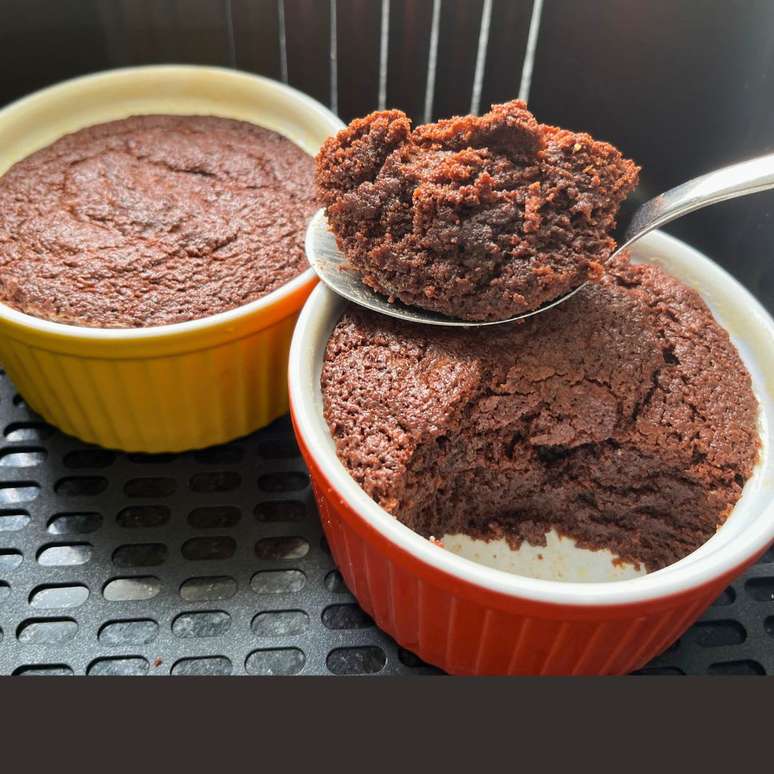Chewing food correctly is essential to prevent health problems
Masting goes far beyond the simple grounding of food: it is the door for good digestion and balanced health. When this process fails, due to the lack of teeth or the habit of eating quickly, the stomach soon gives signs of discomfort, such as gastric and nutritional problems, which affect general well -being.
According to the data of the study “prevalence of difficulty in chewing and associated factors in adults”, published in the magazine Science & Health Collective, of the 532 individuals analyzed, about 30.5% reported difficulty in chewing due to dental problems or with prostheses. The result shows that the difficulty in chewing is associated with multiple factors, which include daily habits.
The data of the Brazilian Institute of Geography and Statistics (IBGE), 2019, reveal that 14 million Brazilians out of 18 lost all their teeth, while 34 million have lost 13 teeth or more. Dental loss is one of the main causes of inadequate chewing.
Impacts of the lack of teeth
Each tooth has a specific function: the front teeth are responsible for cutting food, while the posters have the function of grinding them. The absence of one or more teeth It compromises this functional harmony, bringing the remaining teeth to move to close the empty spaces, which can cause an unbalanced bite. However, this not only affects the efficiency to chew, but can also cause aesthetic changes, influencing the self -esteem and health of the individual.
“Masting is essential not only for digestion, but for the health as a whole. To deny the loss of a tooth, thinking that the other compensines, is a mistake that can lead to serious functional and aesthetic consequences”, warns Dr. Adriele Cristina Stein, dentist from Oral Sin, a network of planted dental clinics.

Ensure correct chewing
To improve the efficiency to chew, the dentist Dr. Adriele Cristina Stein recommends adopting some practices. I wait!
1. Place smaller portions of food in the mouth
It is a simple but essential practice to improve the efficiency to be chewed, facilitating crushing and bringing satiety.
2. Chewed in a balanced way on both sides of the mouth
Unilateral chewing overloads the muscles on one side of the face, which can Pain In the jaw, crepe when they open their mouths and even facial asymmetries. Alternate the sides helps to balance muscle strength, prevent the unequal teeth laceration and prevent pain and tensions in the jaw.
3. Chew each portion between 15 and 20 timesSort
This habit guarantees that the food is well crushed and mixed with saliva before being swallowed. In addition, it improves the absorption of nutrients, helps weight control, prevents oral and muscle problems and reduces gases and abdominal swelling.
4. You prefer foods of different parts
Eat fibrous foods, such as raw fruit and vegetables, strengthens chewing muscles and stimulates Saliva production, essential for digestion.
5. Keep the oral health updated
The consultations of the regular dentist help to correct the dental problems that can undermine chewing, such as the misalignment of the poorly regulated teeth, the decay of the teeth.
“The dentist is the most qualified professional to diagnose and treat problems relating to inadequate chewing. Regular consultations allow early identification of possible complications and the adoption of adequate preventive measures“Says Dr. Adriele Cristina Stein.
Investing oral health is essential to guarantee high quality of life, preventing digestive, nutritional and emotional problems deriving from inefficient chewing.
By Ruhama Rocha
Source: Terra
Ben Stock is a lifestyle journalist and author at Gossipify. He writes about topics such as health, wellness, travel, food and home decor. He provides practical advice and inspiration to improve well-being, keeps readers up to date with latest lifestyle news and trends, known for his engaging writing style, in-depth analysis and unique perspectives.







